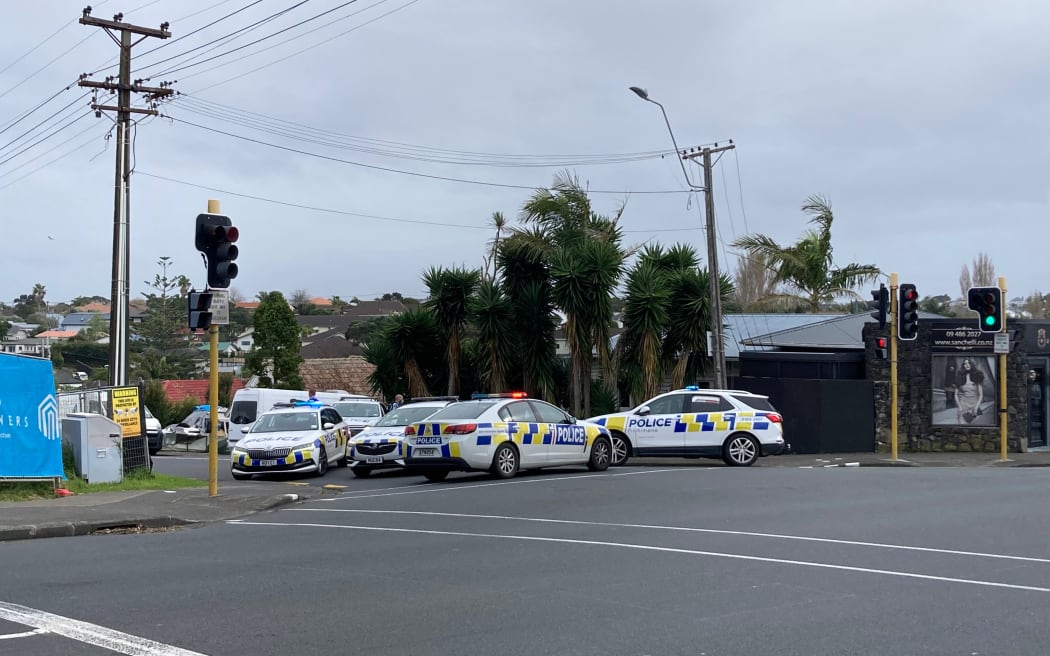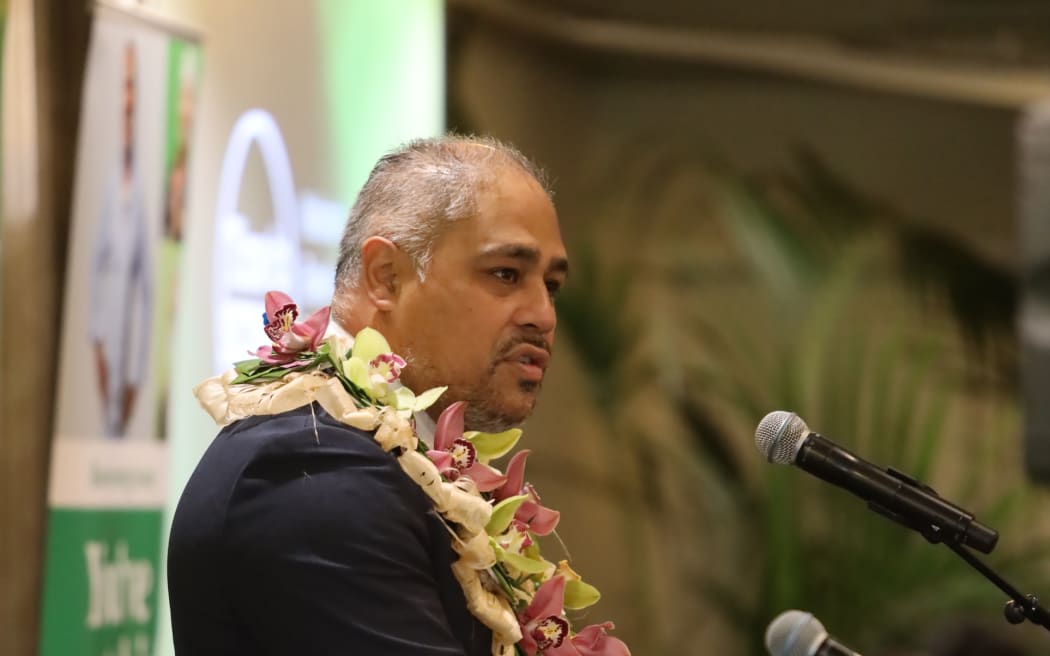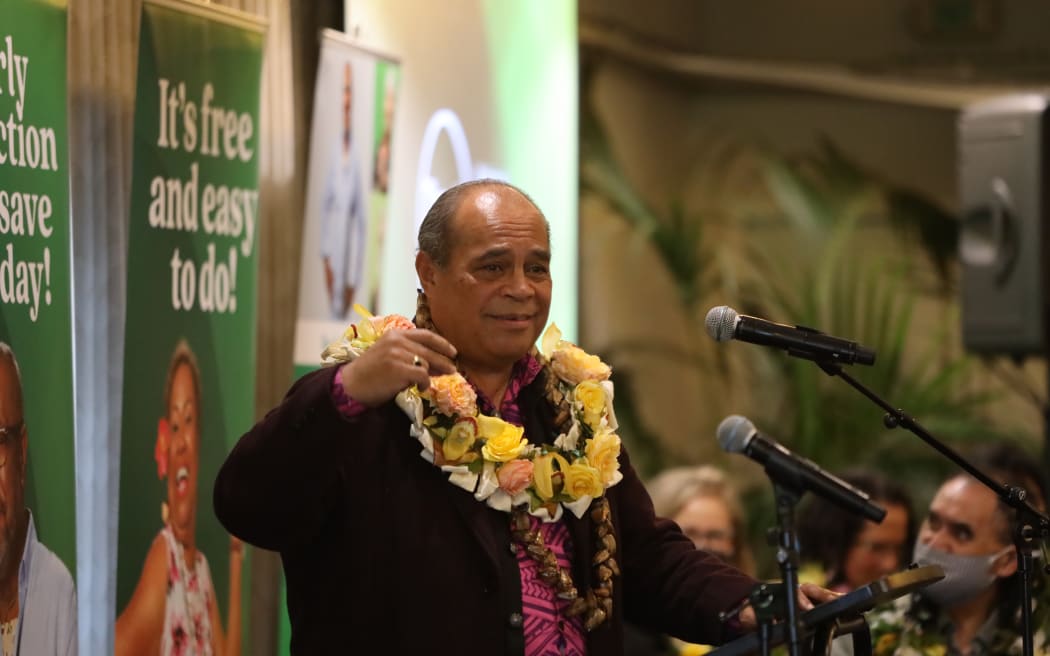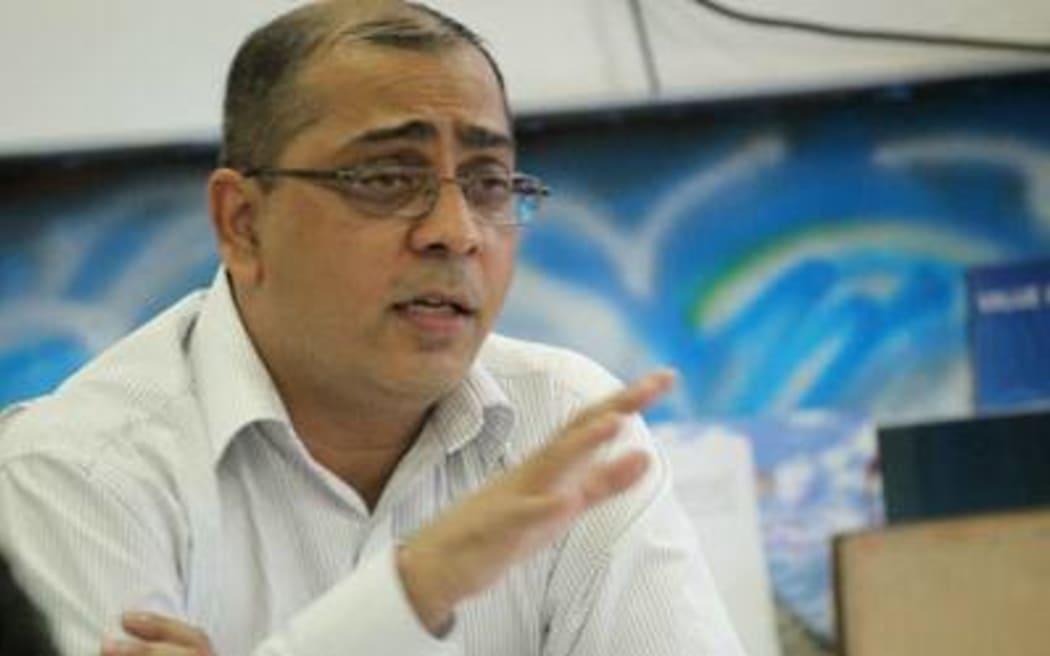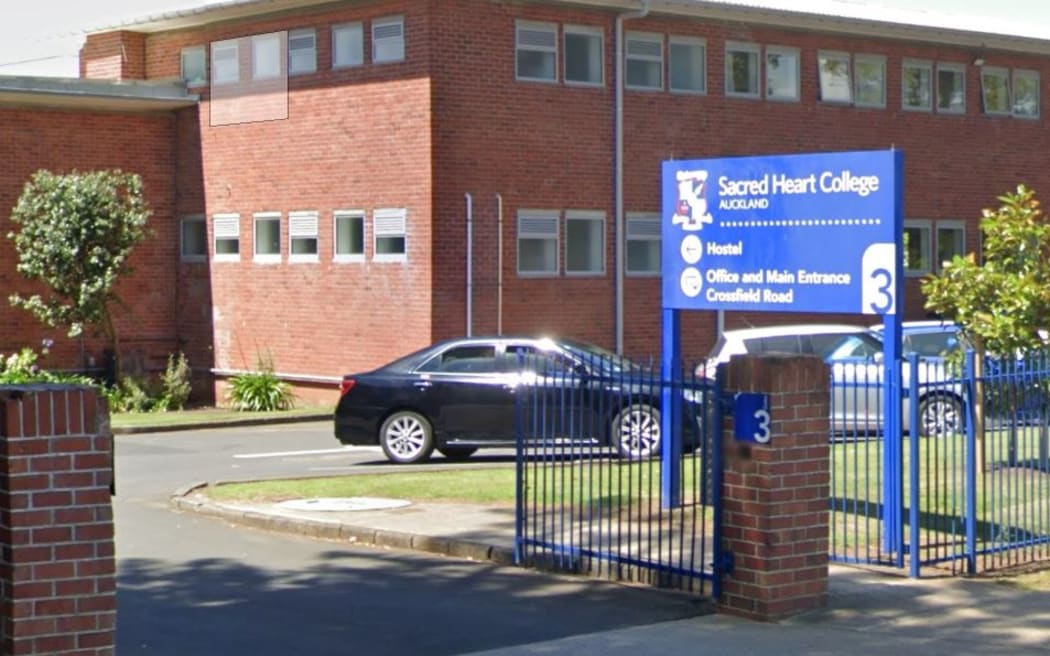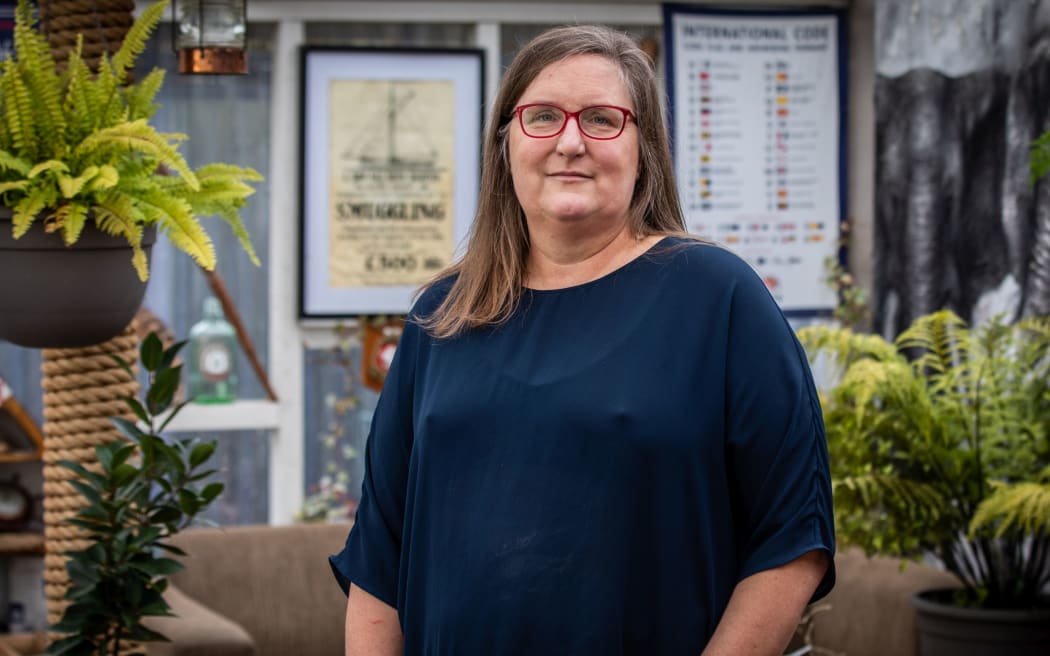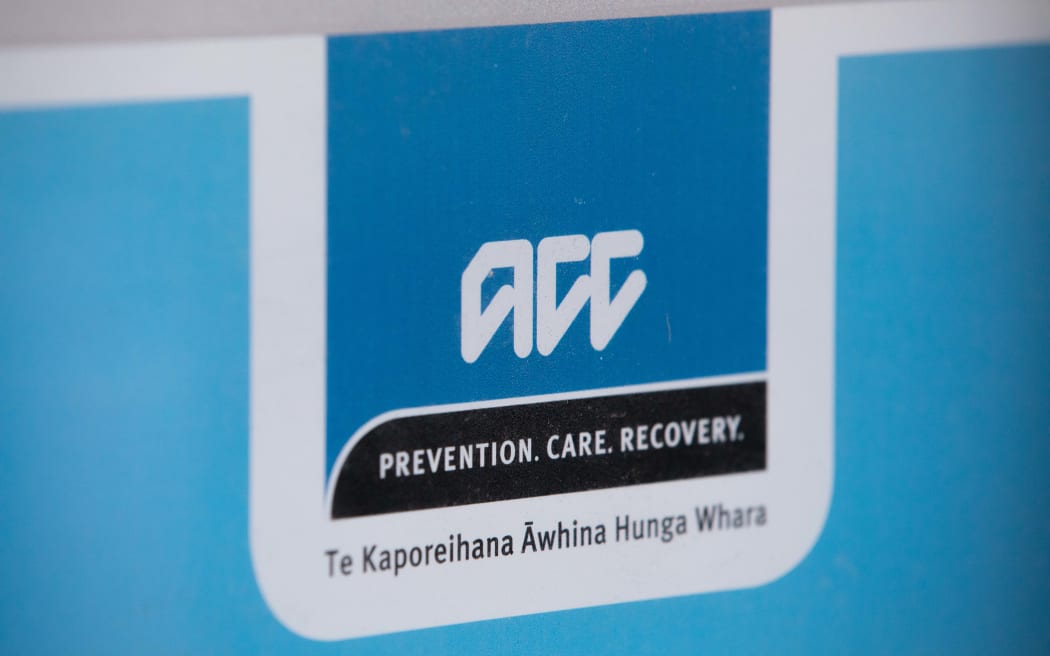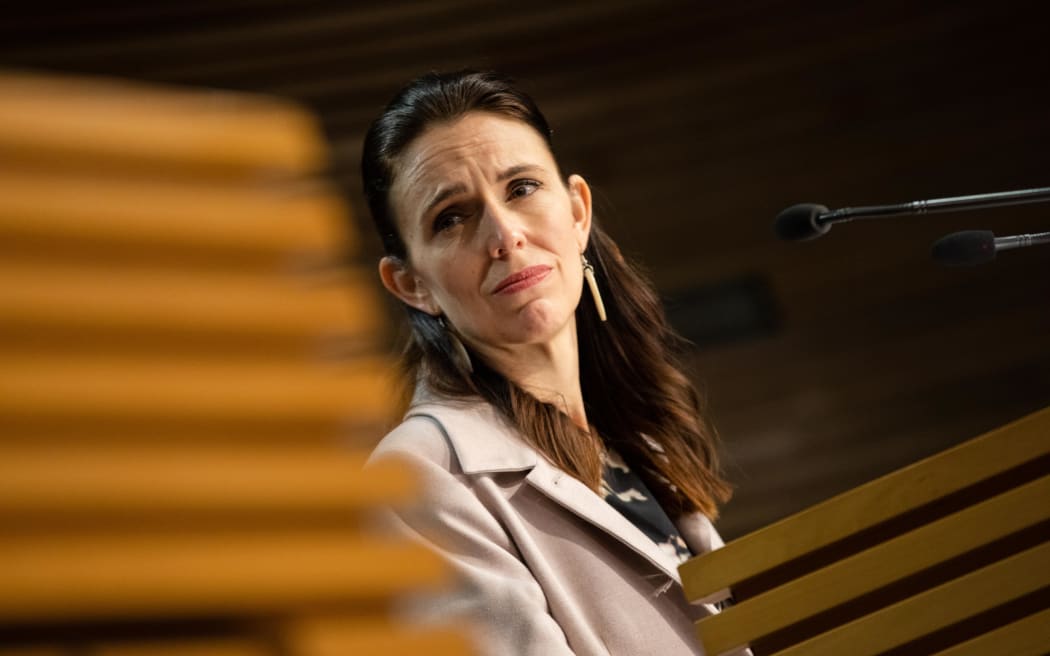The new leader of an international health care body has warned Pacific Island peoples that their way of life and the environment in which they live has been severely damaged.

The situation was described as one of the factors which has contributed to the Pacific islanders’ alarming rate of health problems in New Zealand.
Tongan-based New Zealand health promoter Sione Tu’itahi, who was recently appointed the new President of the International Union for Health Promotion and Education (IUHPE), said the state of the Pacific island people’s health was devastating.
Tu’itahi, who is the first Indigenous person to hold the position, said it was part of his role in the international body to promote the concept of a healthy planet and healthy human beings.
“The planet is like our own house. We live in our rooms. And if we do not take good care of it it could fall and kill us”, Tu’itahi told Kaniva News in an exclusive interview.
His comment came after Tongan nephrologist Dr Viliami Tūtone said the number of Tongan children orphaned in New Zealand due to their parents dying young because of diabetes-related conditions was expected to grow.
Dr Tūtone said Pacific islanders as young as 40 had died of diabetes, while others ended up on dialysis treatment at Middlemore Hospital.
Dr Tūtone said some Tongan orphans were as young as 10 years old.
“They have no mothers and the number is expected to grow”, he told Kaniva News.
Dr Tūtone said the Ministry of Health’s latest record for June 2022 showed 743 people were on dialysis at Middlemore hospital. He said 447, or 60 percent of those patients, were Pasifika. Breaking down the number for the Pasifika patients he said 184 were Samoans, 114 were Tongans, 88 were Cook Islanders, 31 were Fijians, 24 were Niueans and other ethnicities were six.
A review of evidence about health equity for Pacific Peoples in New Zealand in 2019 showed the Pasifika made up seven percent of the population of New Zealand.
The report by the Pacific Perspectives Ltd, highlighted some social changes which showed that 24 percent of Pacific peoples did not have enough money to meet their everyday needs. It said 40 percent of Pacific peoples reported living in homes that were always cold and 10 percent reported having problems with damp and mould in their accommodation.
Self-care first
Tu’itahi said people must be reminded that their lives were in their own hands.
He said life was a journey which started from left to right.
“When the baby is born, he is on the left side of this journey”, the former Tongan journalist said.
“That’s where life begins, at home, parents and the family and the places where they lived, churches, schools, the plantation, the workplaces and seas.
“On the right side of the journey that’s where you find the hospitals and clinics for people who are sick”, Tu’itahi said.
In other words, living a healthy life started at the left side, not on the right side.
“If we are cautious on the left side we do not need to end up on the right side of the journey,” he said.
He said people should go to hospitals and clinics for necessary needs such as tests for pregnant women and the delivery of their babies and for healthy people to check their health.
Tu’itahi said young people nowadays ended up in hospitals for diseases which might have been avoided if they had looked after themselves.
“They were careless when they started their journey on the left side of life.
“This included eating wrong food, lack physical exercises, abusing of the body, living in unclean environment”.
Tu’itahi said these problems also cost the government huge amounts of money in building hospitals and special medical departments to look after people’s severe medical conditions caused by their lack of good care of their own lives.
“If we rely on the right side of this journey to cure our sicknesses and for the governments to provide us with medical assistance and medication the government could run out of money,” he said.
“Those are the monies that may have helped other important things for us including schools and housings.
“Look at the Covid pandemic. It caused a lot of distress in the health sector and nurses and doctors were affected because of working long hours.
“We also spent a lot of money in researches to get the right medication for the virus.
“If we do not look after our own home, make sure it is warm and clean and safe it will become our own grave”.
Tu’itahi said he was looking forward to working together with the community to improve their health and living.
Asked about his new role, Tu’itahi said he was honoured to take up the role, which was a “huge responsibility,” but which brought the opportunity to share leadership and work with “wonderful leaders” from around the world.
IUHPE described itself as “a global professional non-governmental organisation dedicated to health promotion around the world”.

